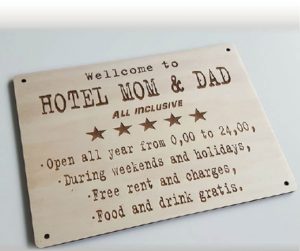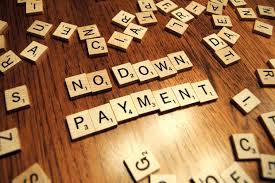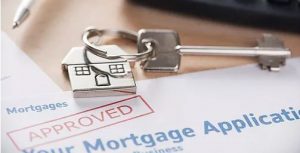
When is it time to think about saving for a down payment? I would say about a year before you think about buying a home. While that’s ideal in today’s world, we often do not have much time to save for a down payment. Sometimes your landlord is planning on retiring and wants to sell the property. How do you get a down payment?
Here’s a few ways to get a down payment for your home:
- Save – it’s old fashioned but it works. Open a Tax Free Savings Account (TFSA) and put a set amount into it. If you don’t have the discipline arrange for automatic deposits from your bank account. How much can you save $50 a week? That’s $2,600 in a year. Not enough. How about $200 a week?
Stay at the Mom & Dad Hotel – while your parents may not be able to help you with a down payment they often have a spare room that you can stay in. One year of not paying rent would make a good down payment even if you chip in for groceries. - Extra Income – get a second job and bank every cent from it. I know of many young people who have a day job and are servers on the weekends.
- Home Buyer’s Plan – the federal government will allow you to pull up to $35,000 from your RRSP account. This goes for your partner. You could put down $70,000 between the two of you. These funds need to be returned to your RRSP over the next 15 years. This is a great quick source for a down payment.
- Take out an RRSP Loan – borrow an amount that you need for a down payment as an RRSP. Hold the funds for 90 + 1 days and you can withdraw the funds. The cons are that you now have more debt and you have to wait for 90 days. Most sellers want a possession day sooner than that.
- Sell an asset. I had a client sell his vintage Cadillac Fleetwood for a down payment. Be sure to get a receipt or to sign a bill of sale with the purchaser to show where the funds came from. Rare stamps or coins, another property or vehicle are all acceptable assets.
- The Bank of Mom and Dad – This may be the easiest way to get a down payment or it may not. Most parents are nearing retirement and trying to save funds. There can be creative ways to get a down payment. They might set up a a secured line of credit and use the equity in their home. You could make the payments over the next few years. Note: these payments must be included in your debt ratios. If they decide to gift you the funds and make the payments themselves a gift letter is all that’s needed. They could sell their home and move into a granny suite in the basement or over the garage.
Before you start it’s always a good idea to speak to your favourite mortgage professional, Debra Carlson.
dcarlson@jencormortgage.com
403-245-3636 x 2027
by: David Cooke – DLC Jencor





